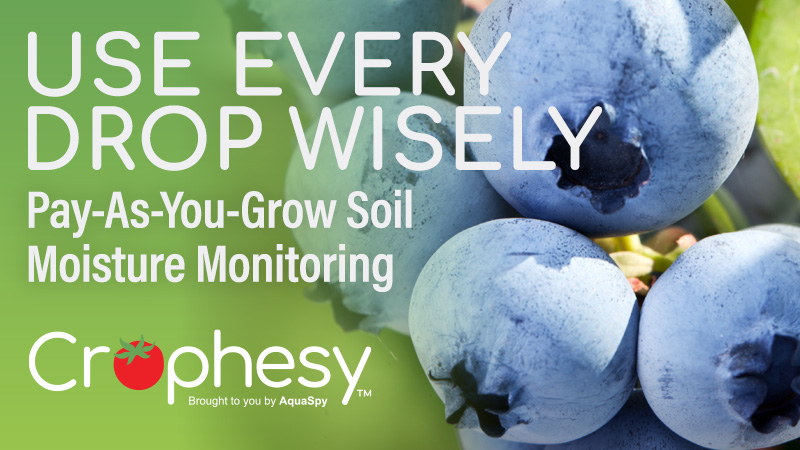Sustainability Seminars Planned
“Sustainable almond farming utilizes production practices that are economically viable and are based upon scientific research, common sense and a respect for the environment, neighbors and employees. The result is a plentiful, nutritious and safe food product.”
That statement is the foundation of the California Almond Sustainability Program (CASP). It’s important to note that sustainability is not just a touchy-feely concept.
Sure it’s about people and the planet, but there’s another “P” that is fundamental to the program: Profit. As the Almond Board of California (ABC) puts it: “Sustainability is about ensuring that people, profit and the planet are all considered while conducting daily business.”
The program was launched by the Almond Board of California (ABC), which is introducing three new modules with the start of the year. These new modules are focused on sustainable management practices for growers, huller/shellers and processors in the areas of financial management, ecosystem management and workplace and communities.
The ABC will host a series of self-assessment workshops on the new modules throughout almond production regions during 2015. Sustainability workshops will be announced on the Almond Board website under the “Getting Involved” tab as they are planned.
As with previous modules, ABC’s Gabriele Ludwig said industry participation through module self-assessment will be key to gathering meaningful data on industry practices. The Almond Board has relied on CASP data to dispel myths about almond irrigation and fertilization practices that appeared in news stories about the drought.
“The data we have gathered through the California Almond Sustainability Program was critical this year as we worked to counter often erroneous reporting on water use in almonds,” Ludwig said in the ABC’s newsletter. “As we roll out these new modules, participation in CASP by a broad cross-section of California Almond growers, huller/shellers and processors will continue to be important in managing the reputation of California Almonds among buyers and consumers in the future.”
Participation also provides the industry with continuous feedback on how operations align with successful management practices and industry standards.
The new CASP modules, which will add to existing modules on irrigation management, nutrient management, energy efficiency, air quality and pest management, have been through peer and external-expert review. The new modules are also available for online assessments here.
Here are synopses of the new modules:
Financial Management
Developed with funds from a USDA Specialty Crop Block Grant, the Financial Management module highlights management practices, such as a succession plan, to help ensure an economically sustainable business.
Ecosystem Management
Also developed with funding from a Specialty Crop Block Grant, this module looks at surrounding landscapes associated with orchards, huller/shellers and processor operations. An ecosystem is a complex of living organisms and the physical environment interacting and functioning together.
Properly managed agricultural ecosystems can provide a win-win for agricultural productivity and the environment, according to Dr. Joe Browde with SureHarvest, which has helped launch and direct the Almond Board’s Sustainability Program. Included practices capitalize on these interactions by optimizing water availability and water quality, nutrient availability as well as nutrient cycling, and biodiversity.
Workplace and Communities
Funded by the ABC’s Environmental Committee, the Workplace and Communities module focuses on management practices for ensuring a safe, healthy and satisfactory environment for neighbors and employees that helps drive business success.









